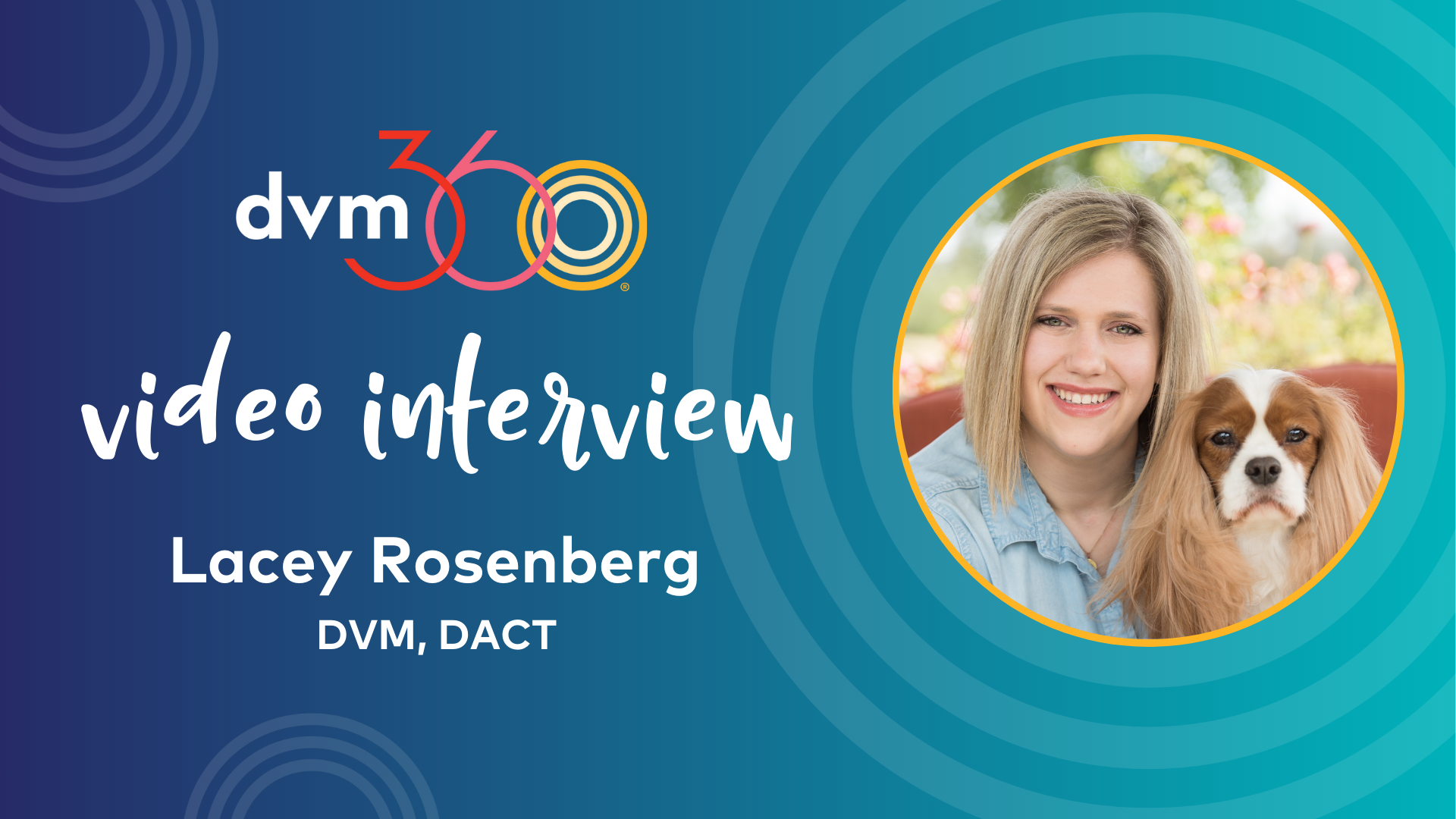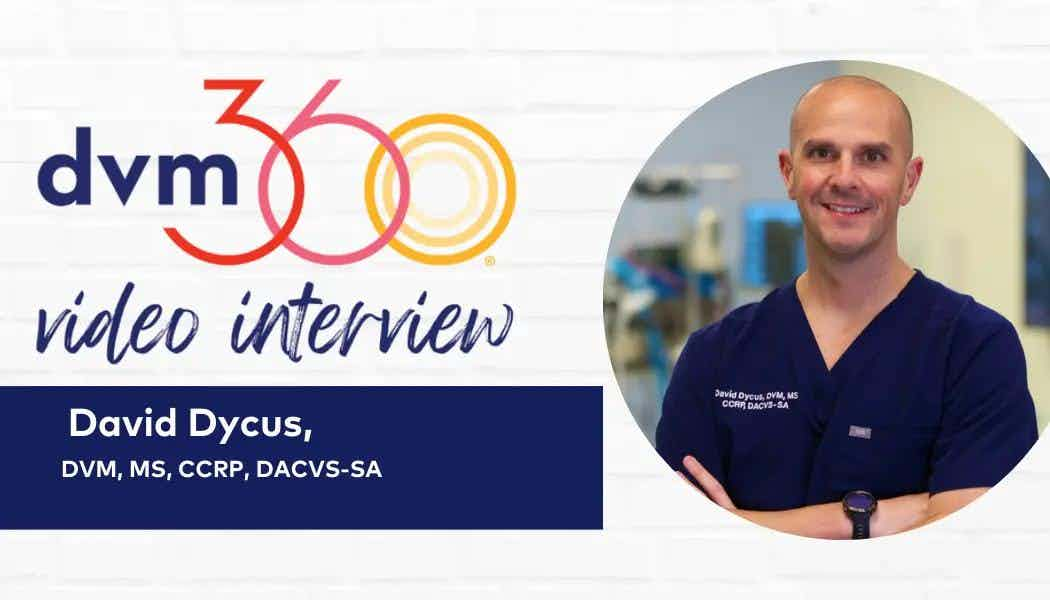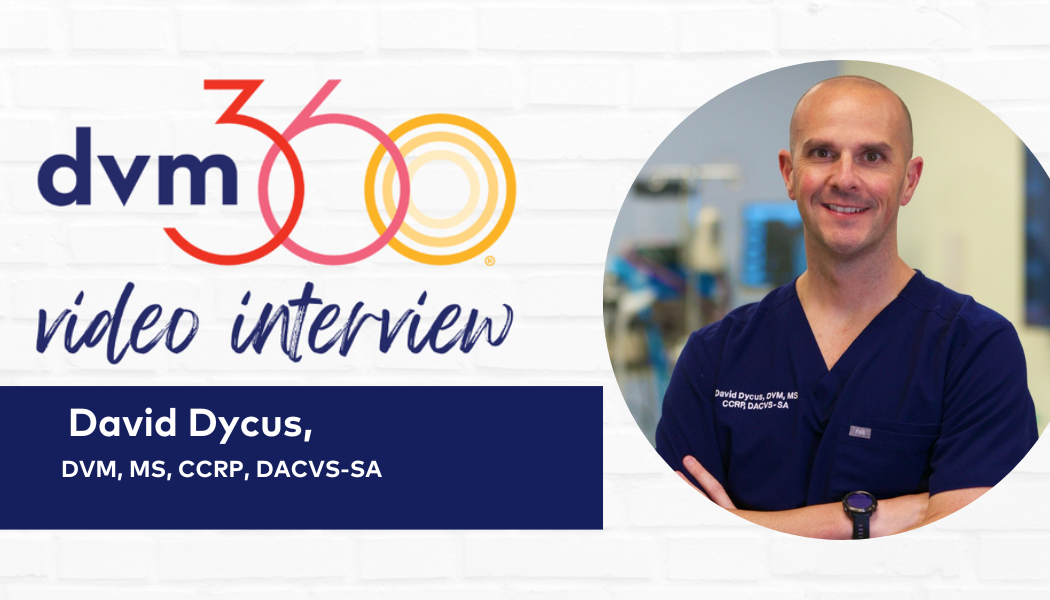An Interview with Dr. Lila Miller
A leader in shelter medicine, Dr. Miller cares for the underserved, often-forgotten animals and trains others to follow in her footsteps. She says a good veterinarian "doesn't lose sight of doing what is right for the patient even though it isn't always possible."
Lila Miller, DVM, is the vice-president of veterinary outreach at the American Society of Prevention of Cruelty to Animals in New York. She is also an adjunct assistant professor at the University of Pennsylvania's School of Veterinary Medicine and at Cornell University's College of Veterinary Medicine and is the coeditor of Shelter Medicine for Veterinarians and Staff.
What is the most exciting change you've seen in veterinary medicine?
The feminization and diversification of the profession. When I started, the profession was virtually all-male and all-white and was divided into small- and large-animal medicine only, practitioners, regulators, and researchers. Today, we have explored more unique learning opportunities, created specialized areas of study, and developed new career opportunities such as shelter medicine.

Lila Miller, DVM
Who was your most memorable patient?
A mixed-breed terrier that had a transmissible venereal tumor. This quiet, dignified dog never fussed over any of the procedures and was a source of strength and comfort for a middle-aged woman whose husband was dying.
Who inspired you most in your career?
Dr. Joseph Lloyd Tait, a small-animal practitioner who gave me my first opportunity as a student to work in a veterinarian's office and my first job working in a shelter. He didn't let me quit when I decided I no longer wanted to be a veterinarian, and he taught me some valuable lessons on surviving in a white-male-oriented profession.
What would you advise a new graduate?
Take the time to find the right position, one that allows you to hold on to your value system, and don't be too discouraged if it takes a while to find it or if others don't approve of your choice.
What was the best professional advice you ever received?
Never lie to yourself.
What is your favorite film?
12 Angry Men and To Kill a Mockingbird come to mind first as great filmmaking, but The Magnificent Seven is my favorite. It's the story of seven very dissimilar people who, with different motives, ultimately do the right thing against great odds.
What musicians would you include on your personal jukebox?
Chris Botti, Antonio Carlos Jobim, Joao Gilberto, Seal, George Michael, Luther Vandross, Shirley Horn, Deva Premal, James Brown, and Dionne Warwick.
What part of your work do you enjoy most?
Teaching.
What have you learned from your students?
To have an open mind about education because opportunities to learn exist everywhere and from everyone—I have a lot more to learn.
What do you consider the greatest threat to the profession?
The cost of a veterinary education coupled with the comparatively low prestige and salary for highly trained healthcare professionals.
Which animal health needs are currently unmet?
Both the healthcare needs of animals belonging to clients without enough disposable income to pay for care and the welfare of homeless animals and farm animals are not being met.
What changes in veterinary medicine do you hope will occur in the next 100 years?
I hope these changes won't take 100 years:
- National licensure with limited species-specific and specialty licensure
- Publicly funded veterinary clinics for ANY client who cannot afford to pay
- Integration of shelter medicine, anticruelty training, and behavior into the curriculum of every veterinary college
- The development by veterinarians of ethical animal welfare and care guidelines that are not motivated or influenced by financial gain and that put the animal first.
Do you have a bad habit?
Procrastination.
What is the greatest achievement of your career?
To help shelter medicine start to become a viable part of veterinary medicine by teaching the first shelter medicine course at Cornell University and editing the first shelter medicine textbook.
What makes a good veterinarian?
A universally compassionate person who doesn't lose sight of doing what is right for the patient even though it isn't always possible.










